Psyllium Husk 100 Gm
- A natural dietary fibre supplement
- Heals constipation
- Promotes effortless evacuation
- Helps heal peptic ulcers
- Helps lower blood cholesterol / lipid level
- Helps reduce blood glucose level/Good for diabetics
- Helps reduce body fat/helps reduce body weight.
- Helps Heal and prevent Giardiasis and Amoebiasis
Psyllium Husk has become the most preferred soluble fibres supplement globally to keep blood cholesterol level under control, and to prevent constipation.
Organic India Wheat Grass 100 Gm
- World’s first multivitamin/ super food.
- Is capable of promoting health, preventing and healing a number of ailments
- The world is looking forward to Wheat Grass powder for an answer to limitations of synthetic multi vitamins, multiminerals, as well as a supplement to solve numerous health problems.
- It is made by safely dehydrating very tender shoots of wheat.
 It contains Vitamin A, vitamin C, vitamin B1, vitamin B2, vitamin B3, vitamin B6, vitamin B12, Folic acid, Vitamin, E , Vitamin K, Calcium , Iron and Chlorophyll. All these nutrients are available in their natural forms and naturally acceptable to the body.
It contains Vitamin A, vitamin C, vitamin B1, vitamin B2, vitamin B3, vitamin B6, vitamin B12, Folic acid, Vitamin, E , Vitamin K, Calcium , Iron and Chlorophyll. All these nutrients are available in their natural forms and naturally acceptable to the body.Triphala Powder 100 Gm
Triphala is one of the most famous ayurvedicl herbal formulations. Triphala literally means “three fruits”. The three fruits contained in triphala are Amalaki (Emblica officinalis), Bibhitaki (Terminalia belerica) and Haritaki (Terminalia chebula). Triphala is tridoshic--equally balancing for Vata, Pitta and Kapha. Triphala is a powerful rejuvenating and detoxify-ing formulation that cleanses the colon and supports the entire GI tract, improving digestion, assimilation of nutrients and elimination. Triphala helps to remove fat deposits and toxins from the intestines. Triphala is rich in natural Vitamin C and abundant in antioxidants.-it is useful for all skin types. Vitamin C helps in the production of collagen, which is necessary to keep skin supple and thick.
Organic Whole Husk Psyllium
Our Psyllium is USDA certified organic. This means that from the time the seeds are planted until the moment you purchase the final product, you have the assurance that our psyllium is grown without pesticides, herbicides or chemical fertilizers, contains no additives or sweeteners and is of the highest quality available.
In whole husk form, derived from the seeds of the herbPlantago ovata, psyllium husks are a rich source of soluble fiber. They naturally promote healthy elimination and regularity while supporting the gastrointestinal system.
Tulsi Tea & Infusions
Our organic Tulsi Tea blends come in 18 delicious flavors! Tulsi, also called Holy Basil, is revered throughout India as a sacred herb infused with healing power and is considered to be the “Queen of Herbs.” Abundant in antioxidants, certified organic Tulsi Tea is not only great tasting; it offers stress relief, increased energy and a boost to your natural immune system.
ORGANIC INDIA Pvt. Ltd.
Abhishek Tiwari
abhishek.tiwari@organicindia.com
Plot No. 266, Faizabad Road,
Kamta, Post Chinhat
Lucknow-227105
Tel: +91-(0)522-2701579, 09956293335
Fax: +91-(0)522-2701395
SMS: OI to 58888
Toll Free No.: 1800-180-5153
Kamta, Post Chinhat
Lucknow-227105
Tel: +91-(0)522-2701579, 09956293335
Fax: +91-(0)522-2701395
SMS: OI to 58888
Toll Free No.: 1800-180-5153













.jpg)






.jpg)
.jpg)
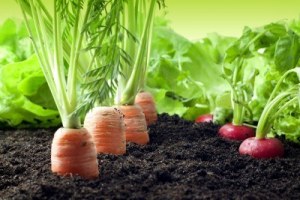
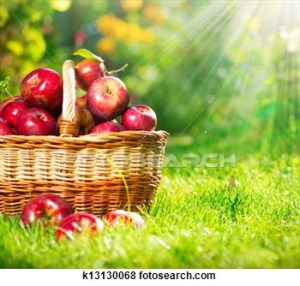
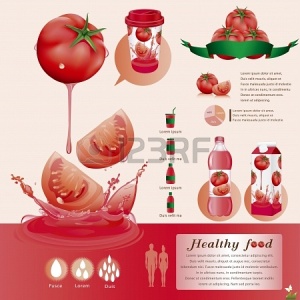
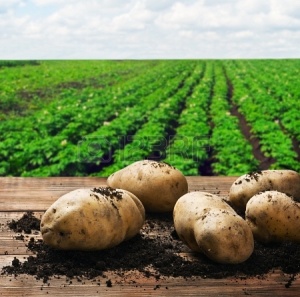

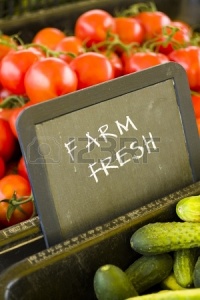
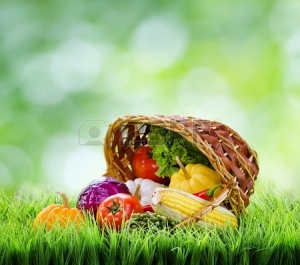
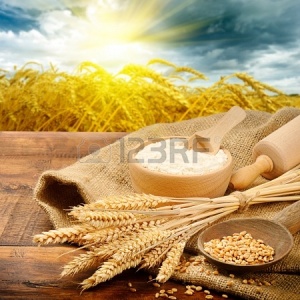
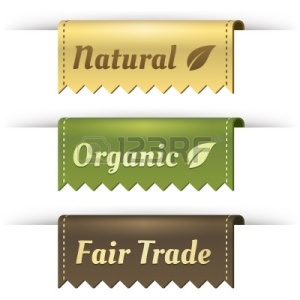
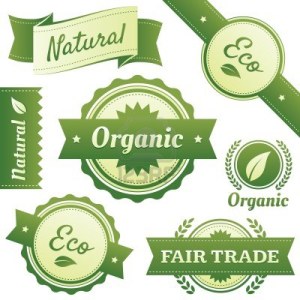
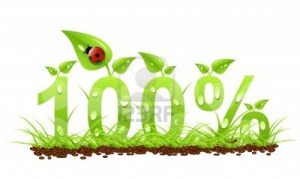
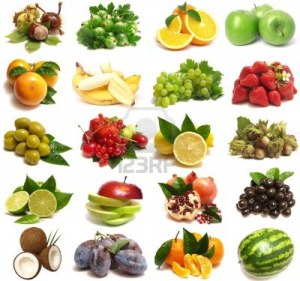
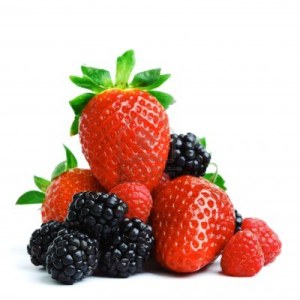
.jpg)

















